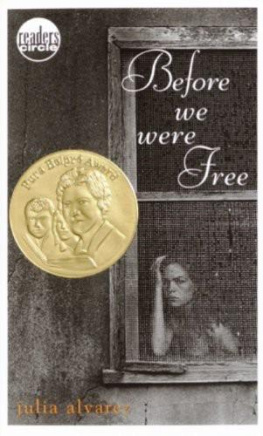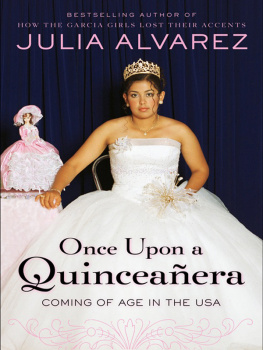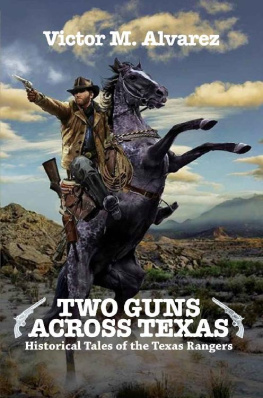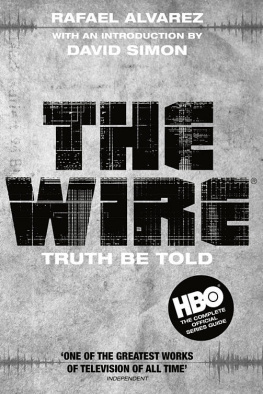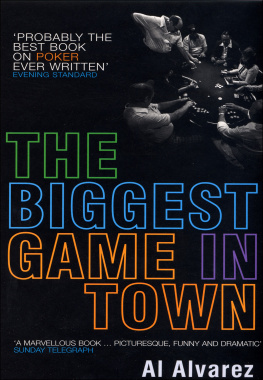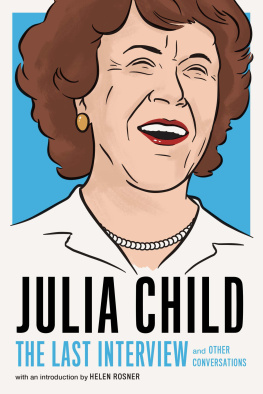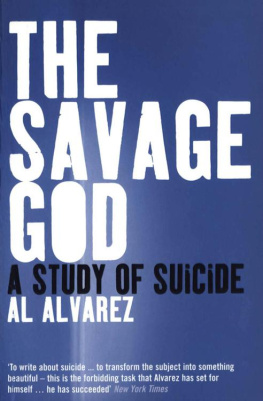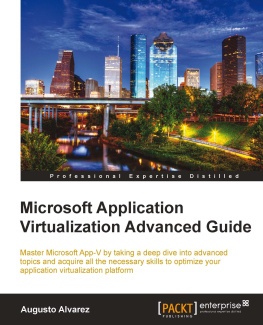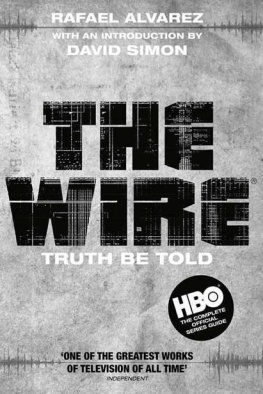Julia Alvarez - Before We Were Free
Here you can read online Julia Alvarez - Before We Were Free full text of the book (entire story) in english for free. Download pdf and epub, get meaning, cover and reviews about this ebook. year: 2004, publisher: Dell Laurel-Leaf, genre: Detective and thriller. Description of the work, (preface) as well as reviews are available. Best literature library LitArk.com created for fans of good reading and offers a wide selection of genres:
Romance novel
Science fiction
Adventure
Detective
Science
History
Home and family
Prose
Art
Politics
Computer
Non-fiction
Religion
Business
Children
Humor
Choose a favorite category and find really read worthwhile books. Enjoy immersion in the world of imagination, feel the emotions of the characters or learn something new for yourself, make an fascinating discovery.
- Book:Before We Were Free
- Author:
- Publisher:Dell Laurel-Leaf
- Genre:
- Year:2004
- Rating:5 / 5
- Favourites:Add to favourites
- Your mark:
- 100
- 1
- 2
- 3
- 4
- 5
Before We Were Free: summary, description and annotation
We offer to read an annotation, description, summary or preface (depends on what the author of the book "Before We Were Free" wrote himself). If you haven't found the necessary information about the book — write in the comments, we will try to find it.
Before We Were Free — read online for free the complete book (whole text) full work
Below is the text of the book, divided by pages. System saving the place of the last page read, allows you to conveniently read the book "Before We Were Free" online for free, without having to search again every time where you left off. Put a bookmark, and you can go to the page where you finished reading at any time.
Font size:
Interval:
Bookmark:
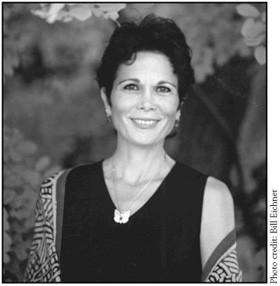
In her own words a conversation with julia alvarez
Q. We learn in your authors note that this story was inspired by your own and your familys experience in the Dominican Republic. How much of a role did your own memories and the true stories you heard play in the writing of the book?
A. My father was involved in the underground against the Trujillo dictatorship in the Dominican Republic. When members of his immediate cell were rounded up, we had to leave in a hurry for the United States. But my uncle, who was also involved in the underground, and his family remained. Some members of the group who assassinated the dictator went to my uncles house to hide. When they were caught, my uncle was also taken away. My aunt and cousins lived under house arrest for nine months, not knowing if my uncle was dead or alive. He survived, but the members who had hidden in his house were killed by the dictators son. These men were very close friends of my family. In fact, growing up, I called them tos, uncles; their kids were my playmates. So you see, I had some connection to what actually happened. In writing the book, I conducted interviews with survivors, and I also read a lot of the history. I was particularly interested in the sons and daughters of those who had been tortured, imprisoned, or murderedkids like my cousins and my childhood playmates. So it was a composite both of doing research and of remembering family stories.
Q. In what ways did having a real, historical context make the writing process more difficult, and in what ways did it make it easier?
A. When people ask me about writing historical fiction or writing fictionwhat do I prefer? which is harder?I think each kind of book presents its own type of challenges. Certainly knowing the general landscape of what has happened gives you a story that has already somehow been charted. The challenge becomes how to tell the story within that charted landscape. But in a story that is mostly fictionalized, you have to map out that landscape in your head. In actual fact, these two categories are often mixtures: what youve read, what you know of history, and what has happened help structure the totally fictionalized story; and what you imagine and invent and embellish helps fictionalize the historical storyotherwise youd be a historian instead of a novelist.
Q. What is the political situation in the Dominican Republic today, in 2003?
A. We now have a working democracy with all the ills attendant to the fact that its a young democracy. We dont have a long and tested tradition of civic participation and public service. Enfranchisement takes time; its not just a revolution happening, and then, okay: were free! You have to build that habit of freedom over generations, that sense of empowerment that comes with believing that your vote counts; that you, the citizens, are the ones in charge of your country; that politicians are serving you, not themselves. Were still trying to make it work, but I think that the dedication to making it work is what makes a democracy. So in some ways you can say the sacrifice that these men and women and their families made to bring about this freedom has been successful.
Q. In the book Anitas parents insist on staying in the country to fight for change. Have you continued to be committed to and involved in the future of the Dominican Republic? Do you view the writing of this book as a part of that commitment?
A. Definitely. My husband and I now have an organic coffee farm [in the Dominican Republic that is] part of a cooperative of small farmers trying to save the land from erosion and pesticides. We set it up as a foundation so that the proceeds from the sale of our coffee go to fund a school on the farm. We did this when we realized that none of our neighbors could read or write: ninety-five percent illiteracy in that area! I feel so very lucky to have the opportunities we have in this country. But we cant stop there. We have a responsibility to those who are less lucky. I know I feel a special commitment to those who stayed behind in my native country, fighting for freedom and opportunities. The other way Im still involved in my native land is by writing. I think of myself very much as an all-American writer: my roots, my rhythms, my history, my background come from the southern part of the Americas. The language that Ive learned to craft and the life that Ive constructed, by historical accident because of my parents emigration, come from the northern part of the Americas. I combine both of those traditions. In fact, you might notice how sometimes in answering these questions, Ill say we, meaning the Dominican Republic, or we, meaning the United States! But ultimately, the commitment is to all of us in the human family. I really feel that as a writer, my job is to add to that treasure box of all our stories and poems and songs, which belongs to all of us.
Q. We often forget that through all major historical and political events, ordinary people, including children, are living their lives. What do you think is the effect on children who live in places that are politically unstable, or marked by violence and strife?
A. We often think of the victims of oppression as the actual martyrs and heroesgrown men and women who might form part of a freedom-fighting group or who are forced into hiding. But there are invisible victims and casualties: the children who are growing up in these repressive and terrifying and violent situations, who are robbed of their childhood. They dont ever get the opportunity to be children, to be nurtured, to have faith in freedom and trust in goodness, to enjoy that innocent sense of possibility and promise. And, of course, many of these children endure immediate losses: fatherless and motherless and auntless and uncleless children left behind when we destroy families, the fabric of a society.
As Americans, I think were very aware of the genocide and destruction that happened in Europe, the young casualties of the Holocaust, all those World War II children for whom UNICEF was originally created. But were less knowledgeable about what happened in our own hemisphere in the second half of the last century: the dozens of dictatorships and repressive regimes that afflicted the South American countries. In 1972 there were only three democracies in all of Latin America. Thats not so long ago, you know! In reviewing historical fiction for young readers, I found many powerful narratives on the Holocaust, on slavery in this country, but I could find very little for young people about our own hemispheres recent history. That was what really pushed me to write Before We Were Free. I wanted to tell the story of our Anne Frank on this side of the Atlantic.
Q. As the situation in the story becomes increasingly grave, Anita becomes almost silent. As you wrote this, did you view Anitas reaction as typical, as well as symbolic?
A. You do things sometimes as you write out of a writerly instinctsomething will feel right or seem in character, but you dont think about it analytically. I remember reading memoirs by survivors and reports of children who have suffered trauma I remember being struck by how some of these victims responded with silence. I have a sister who works in Boston with Latin American refugees, many of whom have survived the burning of their villages, the torture and death of family members. My sister tells me that she knows that her patients are going to get better when they can tell the story of what happened to them. So the silencing of those who have lived in terror is not just an external thing; its also a way in which the whole self shuts down. Anitas silence is symbolic of what is happening to her country.
Next pageFont size:
Interval:
Bookmark:
Similar books «Before We Were Free»
Look at similar books to Before We Were Free. We have selected literature similar in name and meaning in the hope of providing readers with more options to find new, interesting, not yet read works.
Discussion, reviews of the book Before We Were Free and just readers' own opinions. Leave your comments, write what you think about the work, its meaning or the main characters. Specify what exactly you liked and what you didn't like, and why you think so.

